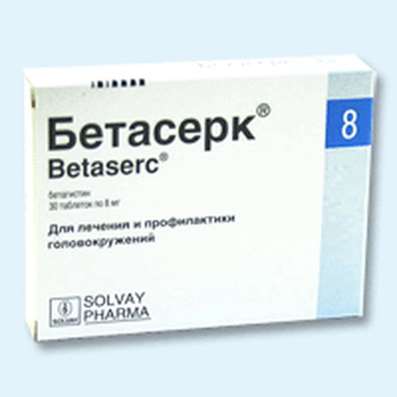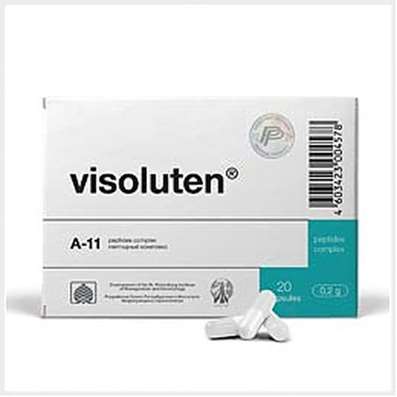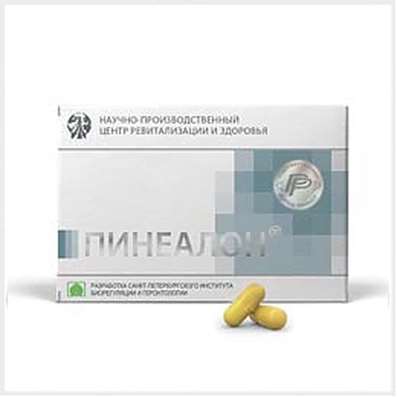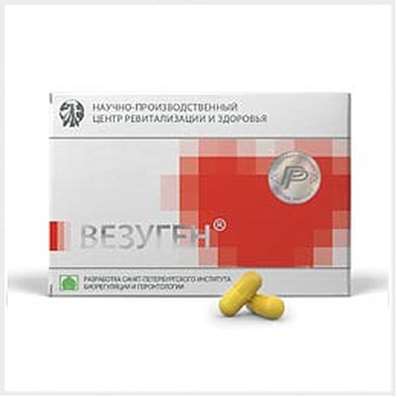Peptides and alcohol
28 Aug 2017
Peptides and alcohol are two incompatible concepts, isolated from each other, which are among themselves in relation to a contradiction. However, let's talk about everything in order.
From the course of molecular biology we know that peptides that help maintain the athlete's body at the required hormonal level are protein fragments consisting of amino acid residues. These biologically active compounds act as the main information carriers, the trigger signal for the synthesis of specific proteins.
Effect of ethanol on protein synthesis
Ethanol, which is the basis of any alcoholic beverage, resembles in its chemical properties carbohydrates. However, unlike these biological compounds, it does not turn into glycogen and is not deposited in muscles. Immediately after entering the body, ethyl alcohol undergoes active processing, while slowing down all the anabolic processes. Consequently:
- Decreases the secretion of gastric juice, slows down motor skills and absorption of substances;
- Increases the production of mucus;
- The level of amino acids involved in building muscle tissue decreases;
- In the liver, glycogen stores decrease;
- Decreases the reactivity and vital activity of all cells;
- There is dehydration of protoplasm and coagulation of proteins.
Proceeding from the foregoing, the conclusion suggests that peptides and alcohol in relation to each other are complete antagonists.
Therefore, if you decided to experience the anabolic effect of peptide preparations for improving sports results, alcoholic beverages should be completely excluded from the ration. Do not forget that peptides and alcohol will not be able to supplement or replace each other. And the effect of such a toxic mixture will negatively affect your strength and endurance.

 Cart
Cart





